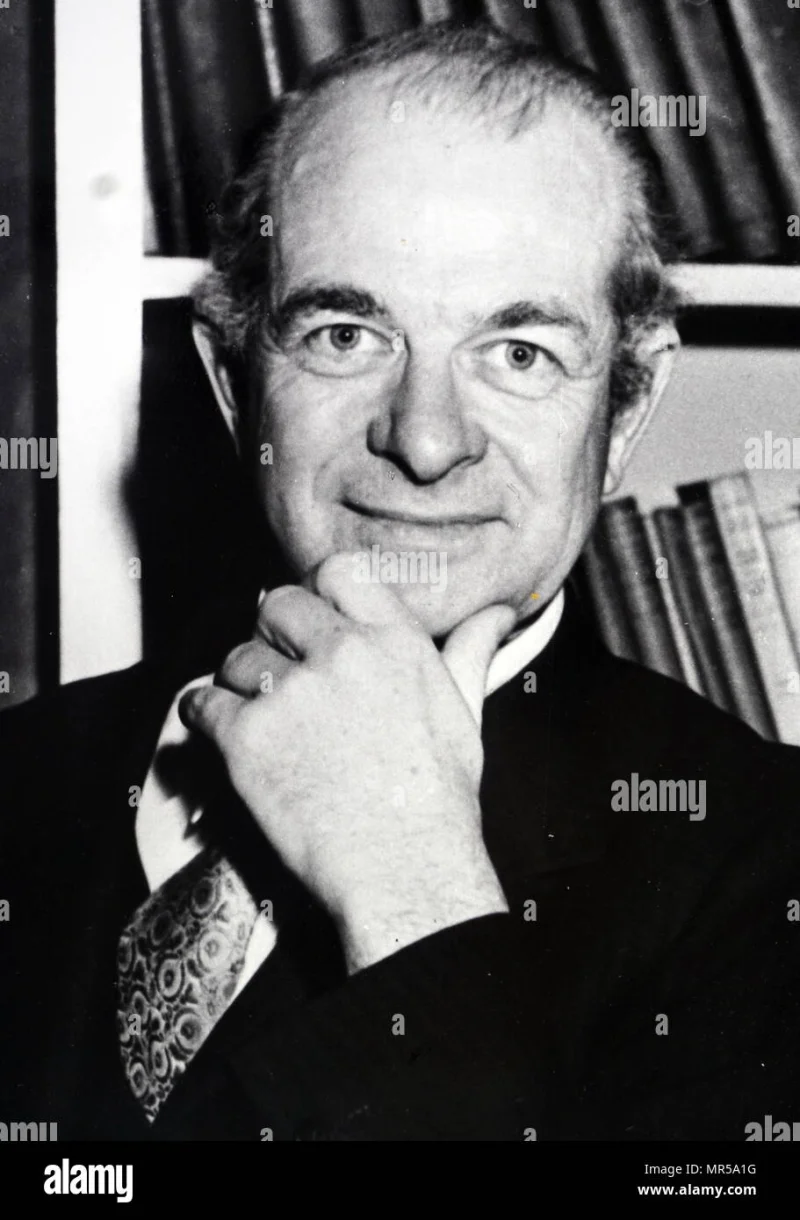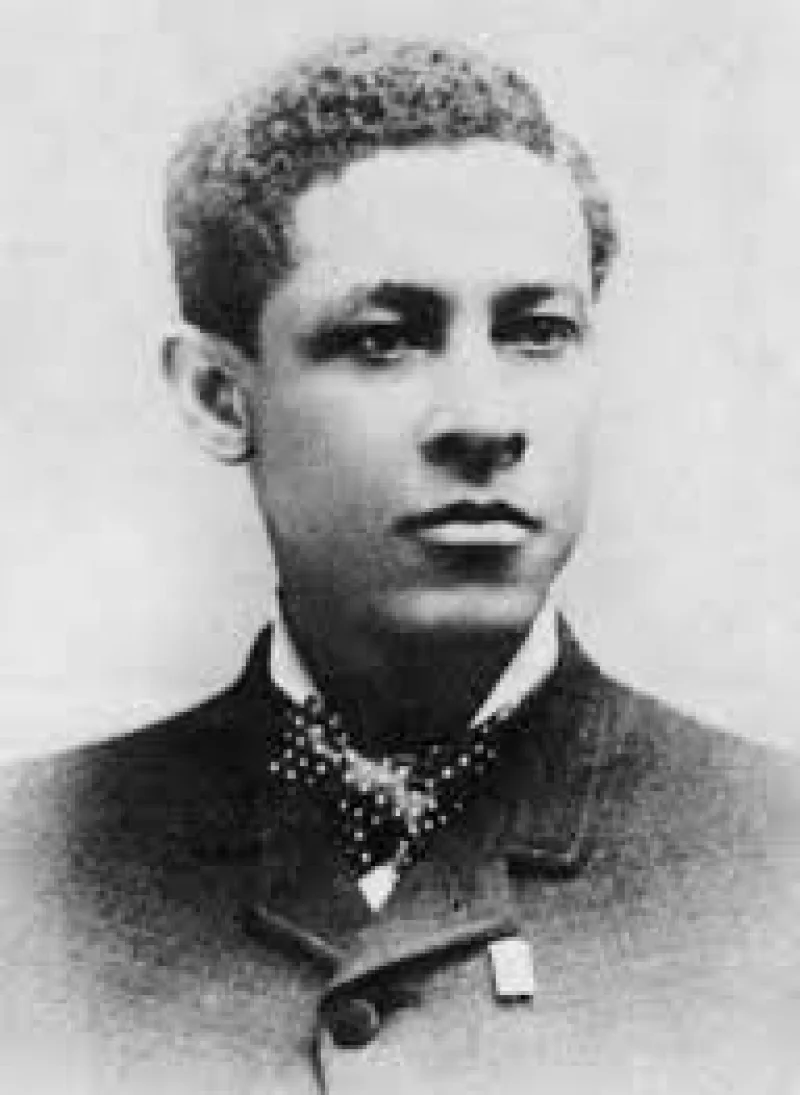Short Summary
Linus Pauling was a renowned American chemist, biochemist, and peace activist whose work significantly shaped the fields of chemistry and molecular biology. He is one of the few individuals to have been awarded two Nobel Prizes, one in Chemistry and another for Peace, highlighting his diverse contributions to science and society. Pauling is celebrated for his groundbreaking research in the nature of the chemical bond and for his advocacy against nuclear weapons.
Early Life & Education
Linus Pauling was born on February 28, 1901, in Portland, Oregon. He was the first of three children in a family of modest means. His father, a pharmacist, passed away when Pauling was just nine years old, which had a profound impact on his early life. He developed an early interest in science and chemistry, inspired by his father's drugstore and a small chemistry set given to him by a friend. Pauling attended Oregon State Agricultural College, where he earned his bachelor's degree in chemical engineering in 1922. He later pursued graduate studies at California Institute of Technology (Caltech), where he received his Ph.D. in chemistry and mathematical physics in 1925.
Career Highlights
Pauling's career at Caltech marked significant advancements in the understanding of chemical structures. His publication, "The Nature of the Chemical Bond," revolutionized the field with its introduction of concepts such as hybridization of orbitals. Pauling also played a pivotal role in the development of quantum chemistry and molecular biology. During World War II, he contributed to military research, but his later years were marked by a strong advocacy for nuclear disarmament. His efforts in promoting peace earned him international recognition and a Nobel Peace Prize in 1962.
Major Achievements
- Received the Nobel Prize in Chemistry in 1954 for research on the nature of the chemical bond.
- Awarded the Nobel Peace Prize in 1962 for his activism against nuclear weapons testing.
- Pioneered the use of X-ray crystallography for determining molecular structures.
- Developed the concept of electronegativity and its scale.
- Authored influential books that shaped modern chemistry, including "The Nature of the Chemical Bond."
Famous Quotes
- "The best way to have a good idea is to have a lot of ideas."
- "Satisfaction of one's curiosity is one of the greatest sources of happiness in life."
Interesting Facts
- He was an advocate for vitamin C, promoting its health benefits extensively.
- Linus Pauling is the only person to receive two unshared Nobel Prizes.
- He helped establish the field of quantum chemistry.
- Pauling was a founding member of the International League of Humanists.
- He was involved in the establishment of the World Health Organization (WHO).
Legacy / Influence
Linus Pauling's legacy is profound in both scientific research and humanitarian efforts. His work on the chemical bond laid the foundation for modern chemistry and molecular biology, influencing countless researchers. His activism for peace and nuclear disarmament resonated globally, inspiring movements for social justice and environmentalism. His interdisciplinary approach continues to guide scientists in various domains.
FAQ
Q: Why is Linus Pauling famous?
A: He is famous for his groundbreaking work in chemistry, particularly the nature of the chemical bond, and his activism for peace, for which he won two Nobel Prizes.
Q: What were Linus Pauling's major contributions to science?
A: He contributed significantly to quantum chemistry, molecular biology, and introduced the concept of electronegativity.
Q: Did Linus Pauling win a Nobel Prize for Peace?
A: Yes, he won the Nobel Peace Prize in 1962 for his efforts in nuclear disarmament.
Q: Was Linus Pauling involved in any health-related research?
A: Yes, he was a proponent of vitamin C and its potential health benefits.











